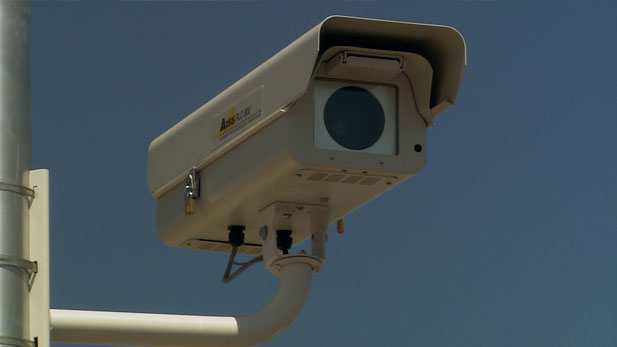
An Arizona legislator is proposing a ban on the use of photo radar statewide.
Republican Sen. Kelli Ward, R-Lake Havasu City, proposed the bill saying she believes photo radar violates the U.S. Constitution's protections against unreasonable searches.
Her Senate Bill 1167 is one of three targeting photo radar proposed in the Legislature in what has become an annual effort to get rid of electronic ticketing. Cities and towns have managed to beat back the proposals in recent years.
Ward's bill was scheduled for its first Senate committee hearing on Wednesday.
Two other bills targeting photo radar have been introduced in the House. One requires a sworn officer, rather than a private contractor, to review tickets before they are issued. The other prevents license suspensions because of a missed photo radar court date.
Pima County ended its use of photo radar a year ago, saying it might look to reinstitute the program for school zones.

By submitting your comments, you hereby give AZPM the right to post your comments and potentially use them in any other form of media operated by this institution.